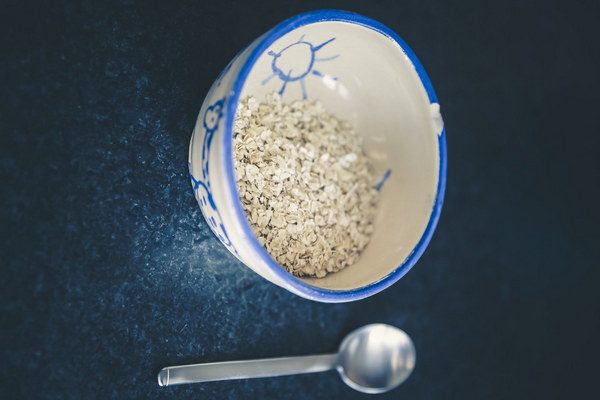Oysters The Seafood Treasure for Renowned Kidney Support
In the world of nutrition and traditional medicine, oysters have long been celebrated for their numerous health benefits. Among them, oysters are often hailed as a natural remedy for kidney health. This article delves into the wonders of oysters and their role in supporting kidney function, offering a glimpse into the ancient wisdom that has stood the test of time.
The Renowned Oyster: A Seafood Sensation
Oysters, with their mollusk-like appearance and unique texture, have been a staple in culinary traditions across the globe. Originating from the coastal regions of the world, these bivalves have captured the hearts and palates of seafood enthusiasts. But what makes oysters so special? It's their nutrient profile that sets them apart.
The Nutritional Powerhouse
Oysters are a nutritional powerhouse, offering an array of vitamins, minerals, and antioxidants. They are particularly rich in zinc, which is essential for immune system function and DNA synthesis. Furthermore, oysters are an excellent source of vitamin B12, an essential nutrient for red blood cell production and neurological health.
Oysters and Kidney Health
In traditional medicine, oysters are often recommended for kidney support. The reasons for this belief are multifaceted. Firstly, oysters are a low-protein food, making them suitable for individuals with kidney conditions that require protein restriction. Secondly, oysters contain natural diuretics, which can help the kidneys flush out waste products and excess fluids.

The Ancient Wisdom
The use of oysters for kidney health has its roots in ancient civilizations. The Greeks and Romans, for example, believed that oysters had aphrodisiac properties and were beneficial for kidney ailments. Over the centuries, various cultures have adopted this belief, and oysters have become a symbol of vitality and well-being.
Modern Research
While traditional beliefs have been passed down through generations, modern research has also supported the notion that oysters can be beneficial for kidney health. Studies have shown that oysters can help reduce blood pressure, improve cardiovascular health, and enhance overall kidney function.
Incorporating Oysters into Your Diet
For those interested in incorporating oysters into their diet for kidney health, it's important to do so in moderation. The recommended serving size is typically one to two oysters per day. It's also essential to ensure that the oysters are fresh and safe to consume. Purchasing from reputable sources and following proper cooking techniques can help mitigate the risk of foodborne illnesses.
The Culinary Experience
Oysters are not only beneficial for health but also offer a delightful culinary experience. They can be enjoyed raw, steamed, baked, or grilled. Whether you're a seasoned seafood aficionado or a beginner, oysters are sure to tantalize your taste buds. Here are a few recipes to get you started:
1. Classic Oyster on the Half Shell: A simple yet elegant dish that allows the natural flavors of the oyster to shine through.
2. Oyster Stew: A heartwarming and savory soup that pairs well with crusty bread.
3. Oyster Roast: A hearty dish that combines the flavors of oysters, butter, garlic, and herbs.
Conclusion
Oysters are a true treasure of the sea, offering a myriad of health benefits, including kidney support. As we continue to explore the wonders of nature, it's clear that the wisdom of our ancestors has much to offer. So, why not add oysters to your diet and savor their health benefits while enjoying their delectable flavors?









